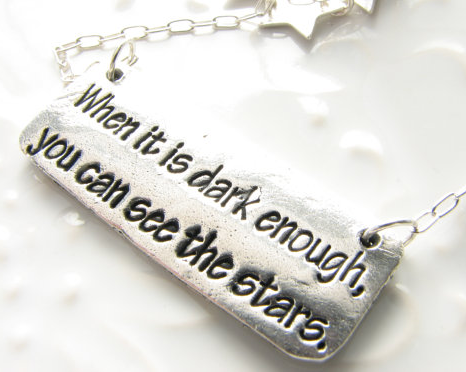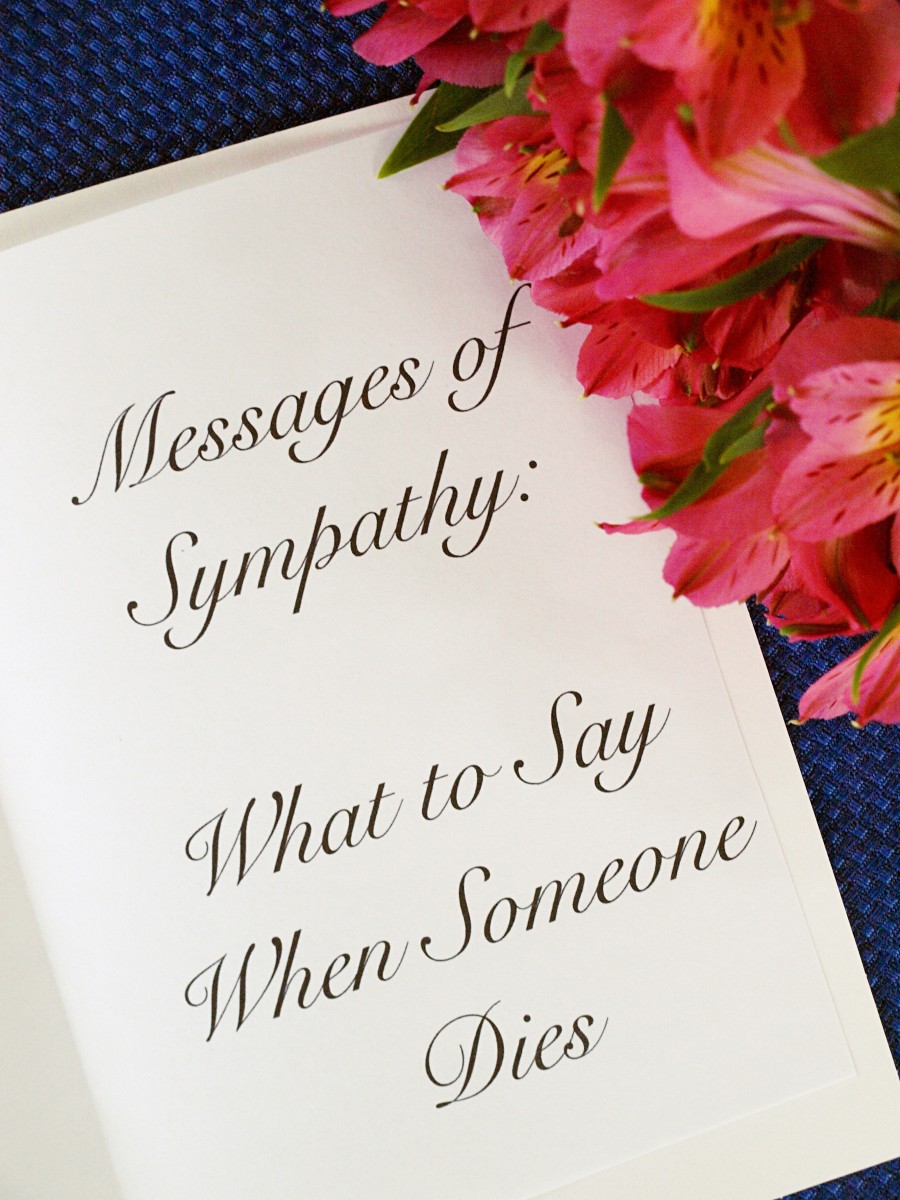What to Write When Someone has Died
What do you write when someone has died and you want to offer condolences and sympathy? You may not even know the family. It could be someone you worked with and you're expected to sign the card from everyone at work. It could be the family of a close friend and now you need to find something right to say. It's not easy to pick out the right words. We don't want to make a bad impression, say the wrong thing or seem uncaring.

From my Experience
I've been there, as the person writing and the person getting the condolences. From my experience it was best to be kind, keep it short and be honest rather than trying to be nice, polite or neutral.
From my experience, after my Dad died I found many people did not know how to express sympathy or condolences. It's actually not as complicated as they were making it. The best condolences were honest and simple words. One person, in particular, said just the right thing and gave me a new perspective on my own feelings. But, that's not going to happen in most cases.
The friend who had the right words was a good, longtime friend who knew a lot about myself, my life and we had been long time confidants through my divorce too. That kind of friend has a far better chance of knowing the right words.
Here are some ideas, help, and tips to get you through picking the right words to offer your support, sympathy, and encouragement.
When you are sorrowful look again in your heart,
and you shall see that in truth you are weeping
for that which has been your delight.
-Kahil Gibran
Tips for Writing a Sympathy/ Condolence Card
- Mention the loss in some way. Don't send a note that could sound generic. Mention a name if you know it.
- Avoid clichés. They make you seem a little uncaring and less than sincere.
- Keep it short. Unless you are a very close personal friend, stick to just a few words or a couple of sentences.
- Keep it light, think easy reading. Big, dictionary words will just make you sound smug and superior.
- Avoid negativity. Don't complain, claim anything owed or air grievances of your own.
- Be sincere. Don't write anything you don't mean.
- Offer sympathy or condolences but don't say you're sorry. Unless you are somehow responsible for the death.
- Keep religion out of it, unless you know they are religious and which traditions they follow.
- Don't say nothing at all. Even just a simple "thinking of you" is good if you really feel too intimidated, upset or angry.









